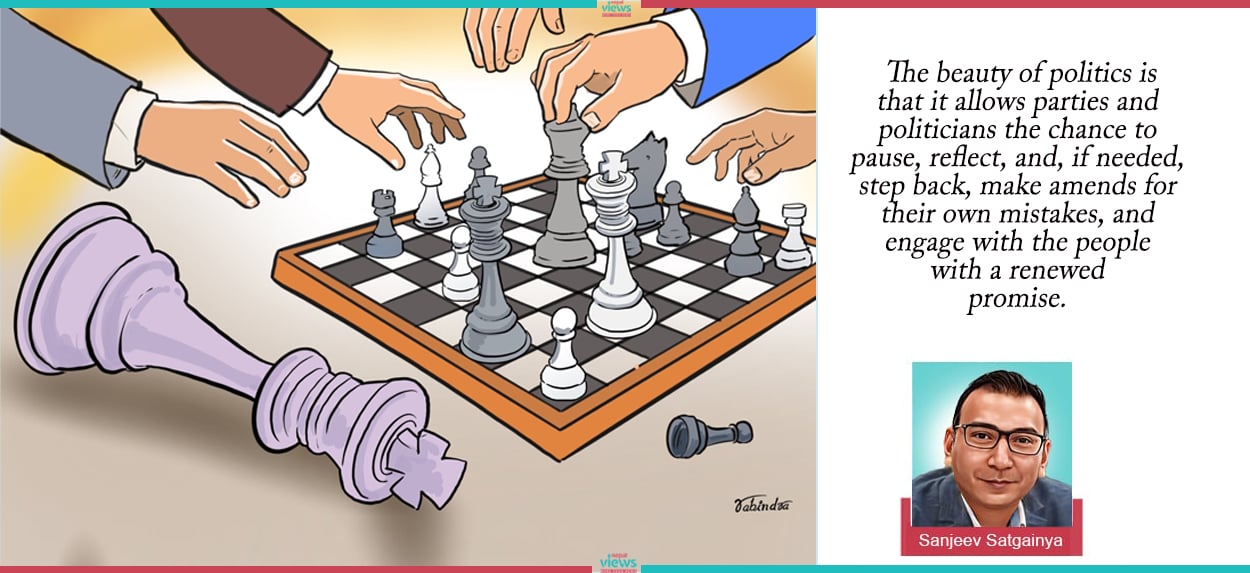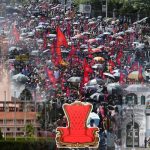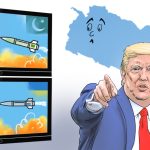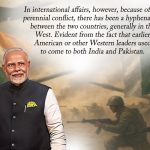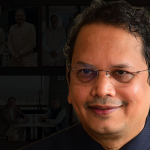In the game of chess, there is an age-old aggressive opening called “The King’s Gambit.” According to Chess.com, this opening is revered by “Romantic” chess players and has been employed by top players for more than 300 years. Particularly popular in the 19th century, it leads to open games that are exciting and, in most cases, decisive.
For those not deeply familiar with chess, here’s a brief description: The pawn in front of the King is moved two steps forward, which is then met by the opponent in exactly the same fashion. On the next move, the pawn in front of the Bishop next to the King is also moved two steps forward, offering the opponent the option to accept (or decline) the gambit.
In this opening, the player offers to sacrifice a pawn early in the game to gain positional advantages. The boldness of the move lies in the sacrifice itself—offering something to gain a better strategic position. Bold and audacious as the move may be, failing to execute it properly—by not developing other pieces in tandem or falling short of reading the opponent’s moves—can make the gambit disastrous.
Two decades ago, the then king Gyanendra appeared to take a leaf out of this aggressive playbook and made what he considered a bold and decisive move. He sacrificed democratic values—such as the principle of shared power and political representation—in a desperate bid to consolidate authority. However, he forgot that the world had moved on to a new era. He failed to grasp the reality of Nepali society at the time, miscalculated his moves and misread the common psyche of the people. Moreover, he underestimated his “opponent”—the political parties that were firmly resisting his move to usurp power.
The gambit boomeranged. Gyanendra lost his crown, and with it, the centuries-old monarchy was dismantled. But he doesn’t seem to be fully convinced by the outcome, nor does he appear to be in the mood to admit that he not only played a bad game but actually played foul. He continues to believe it was a stalemate—not a check, but a situation where he was left with no legal moves. This is likely why he regularly makes public statements on certain occasions, particularly Democracy Day (Falgun 7), commemorating the establishment of democracy in Nepal in 1951.
This time, the deposed king appeared to be more emboldened. The man who once staged a coup against democracy delivered a lecture on democracy—an opportunity afforded to him only because of the democratic system he once crushed.
It has been 17 years since his move cost him his throne. It has been 10 years since the republican system was constitutionally guaranteed. Gyanendra’s renewed efforts to make a case for himself—however oblique—stem from his belief that there is widespread frustration among the public with the current crop of Nepali politicians.
While disillusionment with politicians may indeed be widespread, it does not necessarily signal a strong desire among the public to restore the monarchy. Still, Gyanendra’s perspective on the situation remains his own. And he, as a commoner, is free to have views of his own.
His remarks, however, did elicit a strong reaction from Nepal’s political class. Outbursts from politicians across party lines (with the notable exception of the Rastriya Prajatantra Party, for obvious reasons) were noteworthy, but, as a matter of fact, unnecessary and a waste of time. But why the sharp reactions?
Let’s get back to chess again.
There is a situation where a player is forced to make a move, but every possible move leads to a worse position than the one they are currently in. It is such a scenario where doing anything leads to defeat. And that’s called “zugzwang.”
After Gyanendra’s gambit failed and he was thrown out of the game, the political field was wide open for Nepal’s political parties. While competition among them within a democratic system was valid, they engaged in dirty games. They made many missteps. More troubling still, they began to see themselves as the “new kings.”
Their misuse of state resources, extravagant lifestyles and their increased hobnobbing with businessmen and the cronies alienated them further from the public. They rose to power with the promise to serve the people, but it became clear that their true priority was serving themselves. They misinterpreted the idea of democracy merely as periodic elections and limited its spirit to formation of one government after another, completely disregarding the essence that democracy is for the people, of the people, and by the people. As a result, public trust eroded, and the gap between political leaders and the people grew wider.
The commoners now have little faith in politicians, yet there is no sign of remorse or self-reflection from them. Their fears now seem centered not on the growing public discontent, but on the possibility of being exposed for their wrongdoings and corruption. This is why the political leaders now appear to be shifting their stance, trying to project an image of themselves as those “striving to serve the people.”
The desperation to stay relevant is forcing them to “sell” ideas that might help restore public trust. However, their proposals lack originality. When politicians become too fixated on self-serving schemes for a long time, the ability to think creatively for the greater good fades. This is precisely the problem facing Nepal’s political parties today.
Instead of innovative solutions, they are recycling stale, impractical ideas that cut no ice with the public. Even if some of their proposals sound reasonable, the approach they’re taking raises doubts about their true intentions. “Are they merely trying to deceive the public once again?” the public wonders.
The core issue is that these politicians refused to see the writing on the wall and neglected to adapt their behavior. Even their well-intentioned moves are now viewed with deep scepticism, further complicating their position.
The sharp reactions to Gyanendra’s statement stemmed from the politicians’ own failures. The counter-statements are an attempt to cover their insecurities. The fact is, Gyanendra is no longer a player. He is just a spectator of the game where he can hardly exercise any influence.
The game is actually in the hands of Nepal’s democratic political parties—whether it’s under their full control or not is a question for them to answer. Nevertheless, after a series of missteps over the years, they are left with few viable options. Any move they make is likely to be scrutinised and viewed with suspicion, given the trust they’ve lost. In many ways, Nepali political parties find themselves in a situation of “zugzwang.”
While the game of chess and politics may share similarities, there is a stark difference: in chess, a player cannot skip a move, possibly leading to zugzwang. Politics, on the other hand, is a game of multiple possibilities. The beauty of politics is that it allows parties and politicians the chance to pause, reflect, and, if needed, step back, make amends for their mistakes, and engage with the people with a renewed promise. If only Nepali politicians recognised this basic principle.


